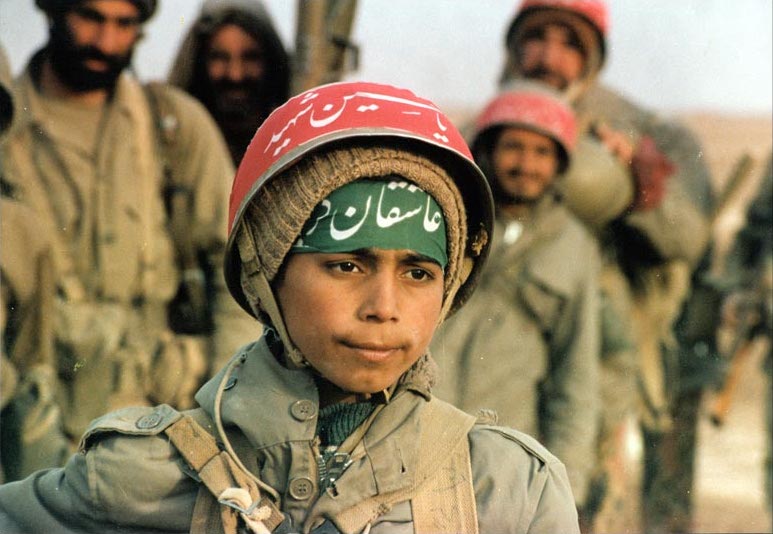
(credit: Profberger, via Wikimedia Commons)
The second
feature of reality that matters to our new moral code is uncertainty. In order
to adapt to uncertainty, humans must learn to calculate probabilities of future
events more and more effectively.
Probabilities range from the likelihood that it will rain this
afternoon, to the likelihood that there's a leopard in the grass nearby, to the
likelihood that Germany will attack Russia given what Hitler said about
Germany’s need for living space to the east. We design our actions and live our
lives by odds-making.
Our deep belief
that life is always full of toil is our way of understanding entropy. Our
deep belief that life also contains constant hazards, in addition to the
constant hard work, is our way of understanding uncertainty.
Over thousands of years and billions of people,
values enable the survival of a human society only if they complement the
forces underlying physical reality, or to be more precise, successful values
must cause humans to behave in ways that complement and accommodate adversity
and uncertainty, especially for whole societies over the long term. Successful
values, riding in their human carriers, can thus go on.
Our values in modern democracies have been fairly
effective at guiding us to survive and spread, though admittedly not always in
humane ways. Over millennia, the demands of survival in a hazardous reality
have caused us to work out a set of values, morés, and behaviors that (mostly)
guide us to handle both adversity and uncertainty. If we and our forebears had
not learned and implemented our lessons at least moderately well, we would not
be here. Having children is hereditary: if your parents didn’t have any, you
won’t have any.

Young patriot (credit: US Army, via Wikimedia Commons)

Chinese
children (ROC) in Young Pioneers (credit: Wikimedia Commons)

Russian children in Vladimir Lenin Pioneers
(1983)
(credit: Yuryi Abramochkin, via Wikimedia Commons)

Iranian boy soldier during Iran-Iraq War (1980
– 88) (credit: Wikimedia Commons)
But we don’t yet comprehend the biggest of these
truths in a conscious and self-aware way.
Most people of every nationality still
see their values as being exempt from analysis because via early childhood imprinting
we have been programmed to be deeply, unswervingly loyal to those values. This
style of programming has made the vast majority of people in most societies,
both historical and modern, into unwitting pawns of their society’s way of
life. A major purpose of this book is to help thoughtful readers become consciously
aware of values and turn them into concepts that are available for analysis and
discussion.
No comments:
Post a Comment
What are your thoughts now? Comment and I will reply. I promise.